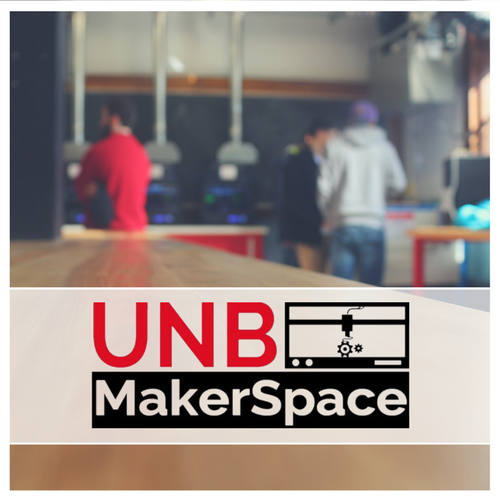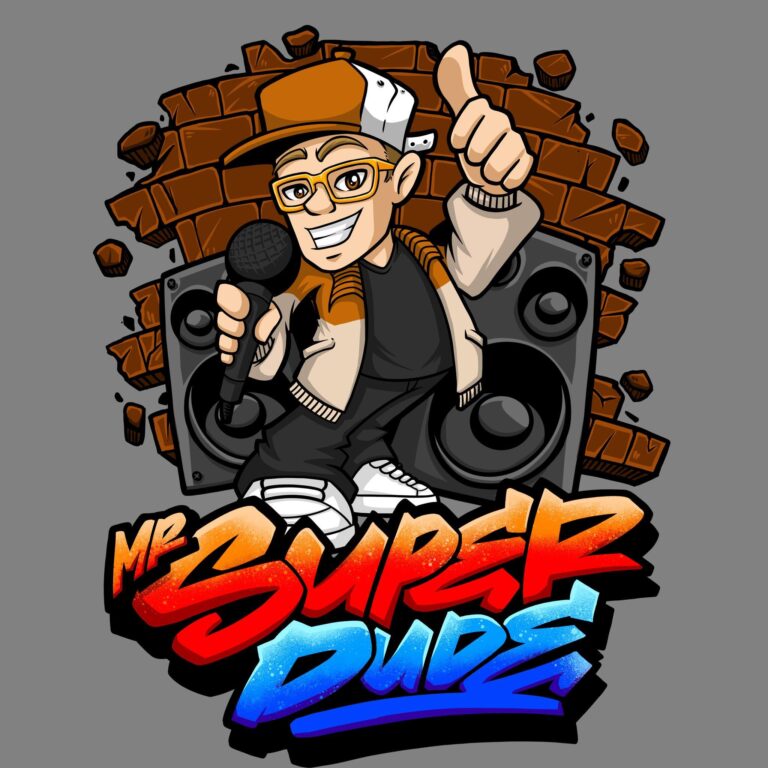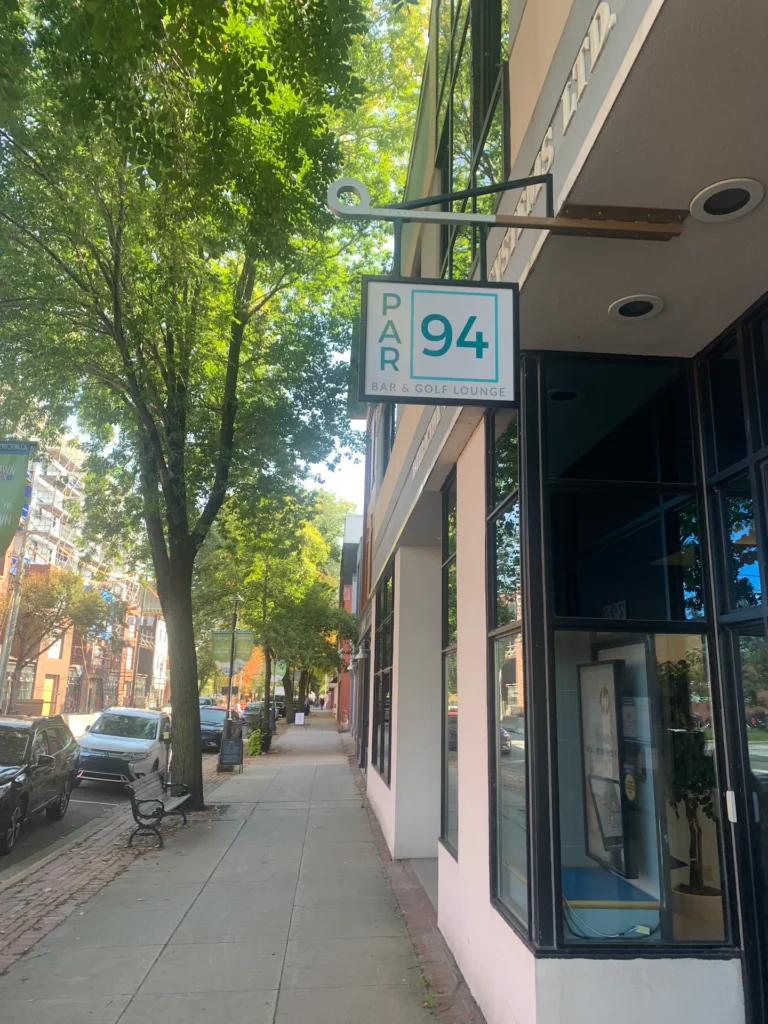The UNB Makerspace started in 2016 when a group of engineering students partnered with Dr. Michel Couturier, a faculty member in chemical engineering. They discussed the new movement and the benefits that the new project could have on engineering students, and that led to the creation of the Makerspace.
The Makerspace helps students get experience in additive manufacturing and helps them hone their design skills. However, Rob Moss, member of the Engineering Faculty, told us it is not all about work. He said there are some students who use their talents to make decorations or gifts.
Free Workshops
The Makerspace hosts four to five workshops per term, depending on the demand, says Moss. They try to provide free workshops so money isn’t a factor that keeps students from learning with them. Moss said the group was able to tap into the Student Tech fee last year, making the materials in the workshops free for all undergrad students across UNB.
The workshops are led by students that are excited about the technology and find it rewarding to share this tech and skills with others, said Moss. The best part is that anyone can assist in the workshops! If you would like to volunteer in some of their workshops, you can message them on Instagram or Facebook.
Their workshops involve 3D printing, and they normally choose their project depending on what has been showcased lately or something that students think is a good project. This term, their workshops consisted of making an automatic flower pot, which included an Arduino programmed by the Makerspace and a 3D printed flower pot. The flower pot was a four workshop project introducing Arduino programming, soldering, 3D modelling and 3D printing.
Benefits for Participants
Moss said the Makerspace is not really a group, as they have students going to the place only once. However, there is a Makerspace club for those who have liked the Makerspace and want to be more active while learning valuable skills. If you are interested in being part of the club, you can talk to a facilitator who can point you in the right direction, said Moss.
One of the best takeaways from the workshops is that students not only leave the workshops with the device they made, but there is also a rewarding feeling knowing you that you built it yourself—especially in this consumerist culture, said Moss. Students also gain skills in how to use the equipment in a cohesive way. Moss said it is very rewarding watching people develop their skills and put something together.
This term, the Makerspace has finished their workshops, but they will be starting next semester with another multi-workshop project. They recently got a Cricut Maker (a vinyl, leather, and material cutter), so they will try to introduce that. Moss also told us they are planning to have ‘how-to’ workshops on 3D printing.




